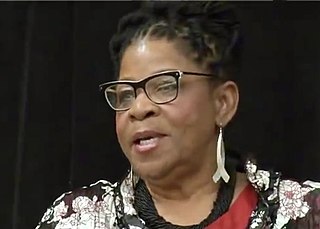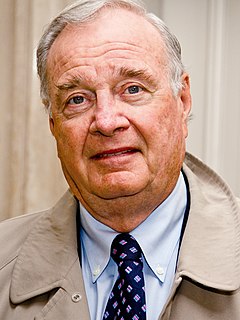A Quote by Andrew Yang
When I was first thinking about what would become Venture for America, I was trying to figure out how to solve a problem - that our top young people were being driven to roles that did not, to me, address the needs of our time. That VFA would be a non-profit just seemed like the most efficient way to solve the problem.
Related Quotes
It's my opinion that, if Barack did want to solve the gang problem, number one would be to work with people from the inside out, people who can actually give him an accurate analysis of the problem in L.A., because they're in it or at one point were a part of it, and now they're workin' to change it, and redirect the energy and the focus of it. And then consciously take steps to solve the problem.
It's my opinion that, if Barack did want to solve the gang problem, number one would be to work with people from the inside out, people who can actually give him an accurate analysis of the problem in L.A., because they're in it or at one point were a part of it, and now they're workin' to change it, and redirect the energy and the focus of it. And then consciously take steps to solve the problem. But I don't feel like zero tolerance, strict laws, locking everybody up is a viable means to stop that problem.
We are more than our problems. Even if our problem is our own behavior, the problem is not who we are-it's what we did. It's okay to have problems. It's okay to talk about problems-at appropriate times, and with safe people. It's okay to solve problems. And we're okay, even when we have, or someone we love has a problem. We don't have to forfeit our personal power or our self-esteem. We have solved exactly the problems we've needed to solve to become who we are.
People have been trying to do kind of natural language processing with computers for decades and there has only been sort of slow progress in that in general. It turned out the problem we had to solve is sort of the reverse of the problem people usually have to solve. People usually have to solve the problem of you're given you know thousands, millions of pages of text, go have the computer understand this.
We have to start encouraging women to get into math and science early on in life... But to just say TechCrunch is perpetuating the problem because there aren't enough women speakers at our events is just a way to get attention and not solve the problem. So do we want to solve the problem, or do we want to just pick on me?
Don't criticize, condemn or complain. Constantly criticizing, condemning and complaining is what breaks most relationships. Instead of criticizing and condemning, figure out how you can solve the problem together. Instead of focusing on blaming the other person for what they did wrong, focus on how you can avoid the problem next time.
The only time I get frustrated with activist criticism is if I have recognized them, and invited them to work with me to figure out how we solve this problem that they're concerned about, and either they don't engage out of the sense of purity - "I'm not going to shake his hand" - or you're not sufficiently prepared so you don't even know what to ask for, or you're not being strategic as an activist and trying to figure out how the process has to work in order for you to get what you want.
I didn't just start with ...local city officials because I knew that they would understand the problem. I started with them because I knew that our cities, towns and counties would be a key part of the solution to this issue. ...there is no one-size-fits all policy or program that can solve this problem. And Washington certainly does not have all the answers. Instead, many of the best, most innovative, most effective solutions start in our city halls and our towns and our county councils.
It has to be about more than punishment. We need to rehabilitate people. We lock up far too many people in America today. We lock them up as if locking them up is gonna solve the problem. And locking them up does not solve the problem. Did locking me up make me better? No, it did not. It made my struggle harder.
There are nations that resist, voices that attempt to diminish the urgency or dismiss the science, or declare, either in word or indifference, that this is not our problem to solve. Well, let me tell you, it is our problem to solve... To the reticent nations, including the United States, I say this: There is such a thing as a global conscience.



































